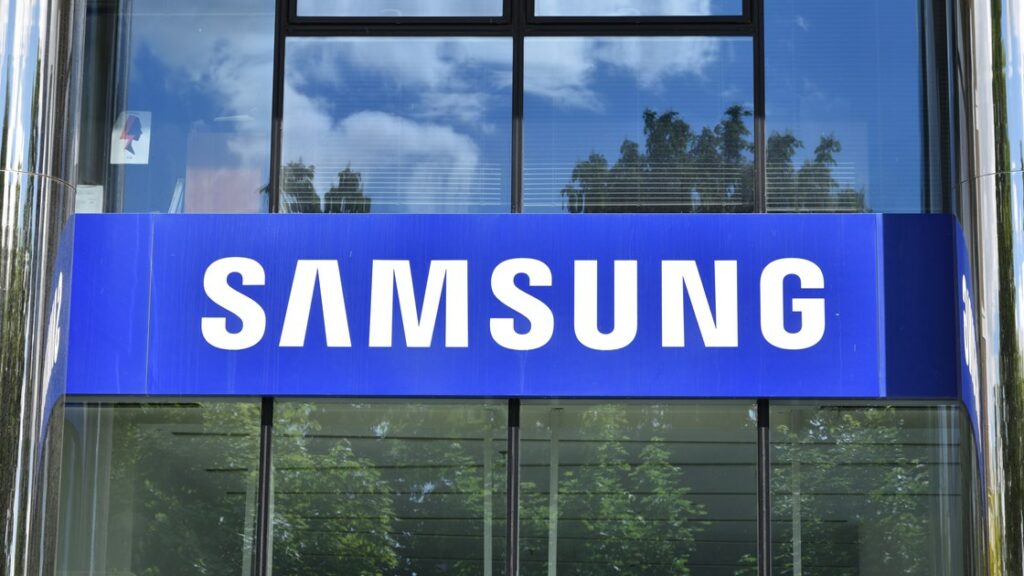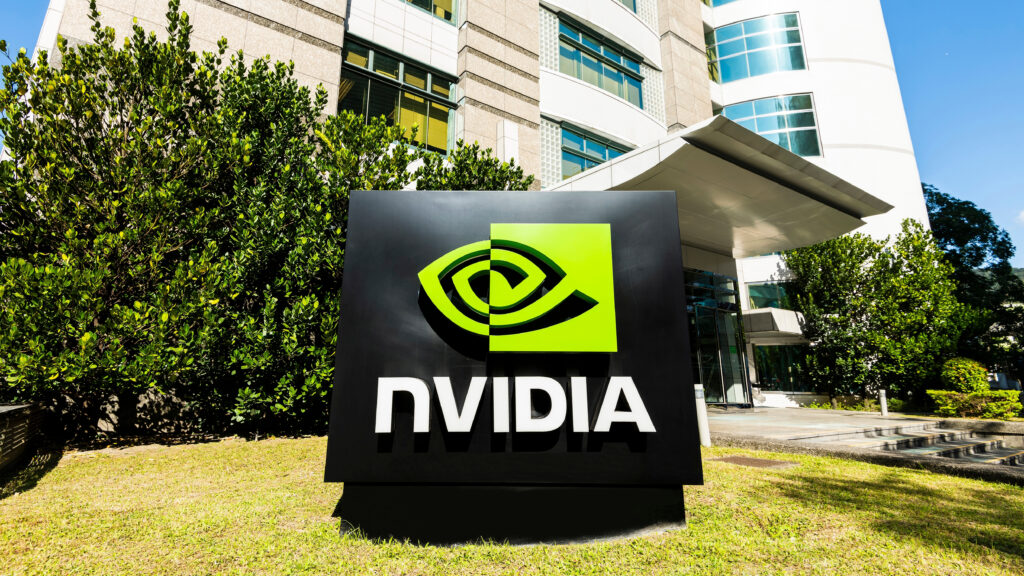Samsung Electronics, the South Korean technology giant, reported a small beat in its top line and provided better than expected earnings guidance for the second quarter. Samsung is one of the earliest technology companies to report on its June 30th ending quarter, and the statement from South Korea’s largest company helped improve investor sentiment across the technology sector. Stocks also climbed across Asia after the company’s report helped boost confidence in the region.
Other chipmakers also surged after the report, with companies such as United Microelectronics, SK Hynix, and Taiwan Semiconductor Manufacturing all jumping at least 3% as guidance allayed investor concerns about rising inflation and worsening consumer demand. Chipmakers are typically considered especially sensitive to economic conditions and are generally referred to as a cyclical industry. Any slack in demand for consumer goods such as smartphones, home electronics, appliances, and cars tend to have a follow-on effect on the chipmakers.
The company reported a better-than-anticipated 21% year-over-year increase in the top line, versus analysts’ expectations for a 20.6% increase. The marginal beat offset slightly weaker than expected operating profit as margins declined due to increased material costs. Samsung’s component business accounts for roughly 60% of its total operating profit. The company’s product mix and a weaker Korean won relative to the U.S. dollar could also have helped lift revenues. Shares were up 3% in South Korea.
Samsung’s chip foundry and design business remained robust despite the headwinds caused by a deteriorating global economic picture. The foundry business designs and manufactures semiconductors for other companies. Samsung and compatriot SK Hynix are two of the largest memory makers in the world, and their chips are used primarily in data centers and cell phones. Shares for the companies have collapsed by over 20% on a year-to-date basis.
Despite the beat, Samsung’s profit growth in the near future may not be as strong as it has been in recent years due to softer personal computing and smartphone markets. Smartphone sales at Samsung may have declined precipitously during the quarter due to higher competition from Apple, and generally shakier consumer spending patterns. Memory chip prices may also fall in the second half of 2022 as companies negotiate for larger discounts from Samsung’s foundry business.
This content is provided for general information purposes only and is not to be taken as investment advice nor as a recommendation for any security, investment strategy or investment account.






